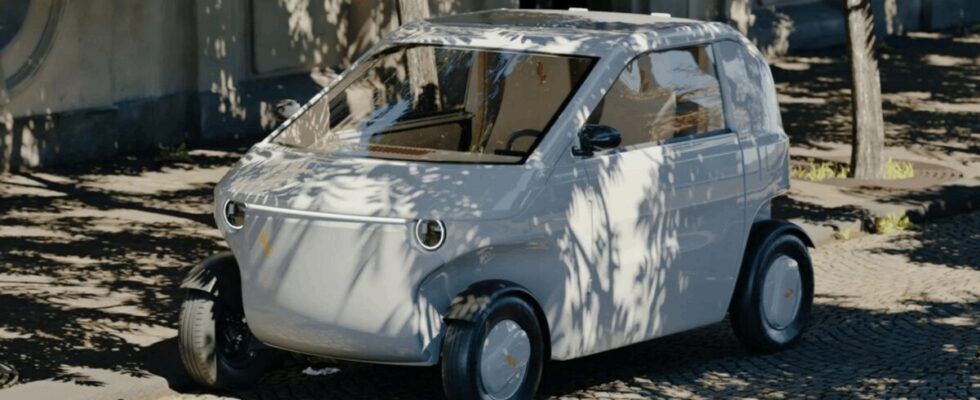This first model, called Luvly O, weighs just under 400 kg. This featherweight consumes very little, requiring the presence of only two removable 15 kg batteries. If the user can of course connect his car to a public terminal, in the street, he can also opt to connect his batteries directly to a household outlet. Luvly then announces that only one hour will be enough on a European standard socket of 220-230 V to recharge each unit.
On the road, its maximum speed should approach 90 km / h, while its trunk should be large enough to transport groceries or help professionals in their so-called last mile deliveries.
Trendy Ikea
But where Luvly’s strategy clashes is in its production and assembly process, which it intends to license. In fact, local “factories” may emerge, where the parts of each model ordered will be assembled. Note that in the long term, several variations could be imagined, such as a van or even a small sports car.
Luvly has therefore developed a process that allows vehicle parts to be shipped in flat packs. The car will then be assembled in the dedicated micro-factory closest to the buyer’s home. Luvly could install them in several different countries depending on the markets it intends to conquer.
Its price should not exceed 10,000 €. As of now, no official launch date has yet been announced. Note that at the end of its life, all its parts should be able to be recycled.
For cities in ZFE mode?
With the energy transition and the generalization of low-emission zones (ZFE) in large cities, many start-ups are embarking on the construction of license-free, compact and ecological carts, accessible to everyone from the age of 14. Faced with the Renault Twizy, Citroën Ami and other Microlino, many surprising alternatives appear. In France, for example, the French start-up Midipile is developing a modular, particularly compact and light pedal vehicle, made exclusively of biosourced materials. In all cases, these machines represent an alternative to cargo bikes for transporting a person or goods.
